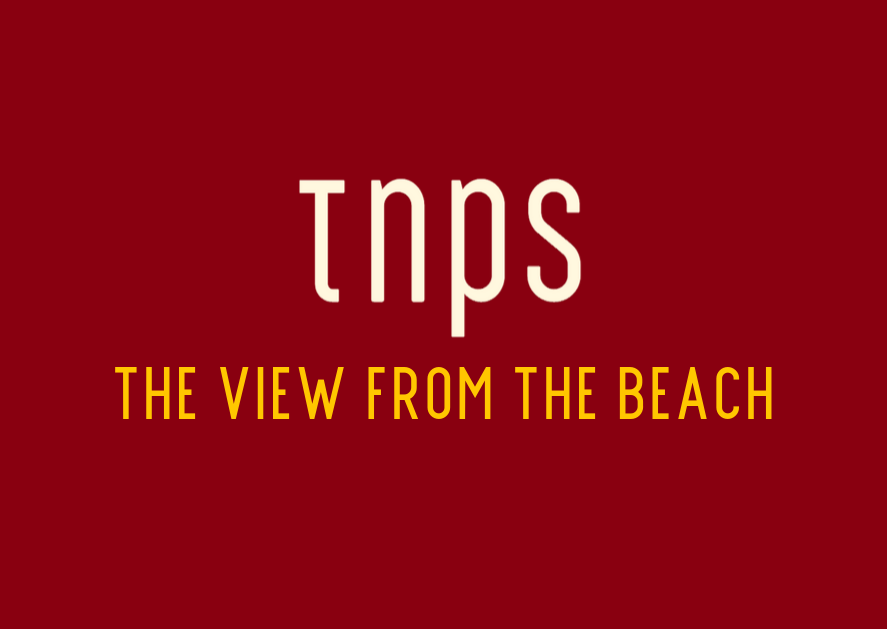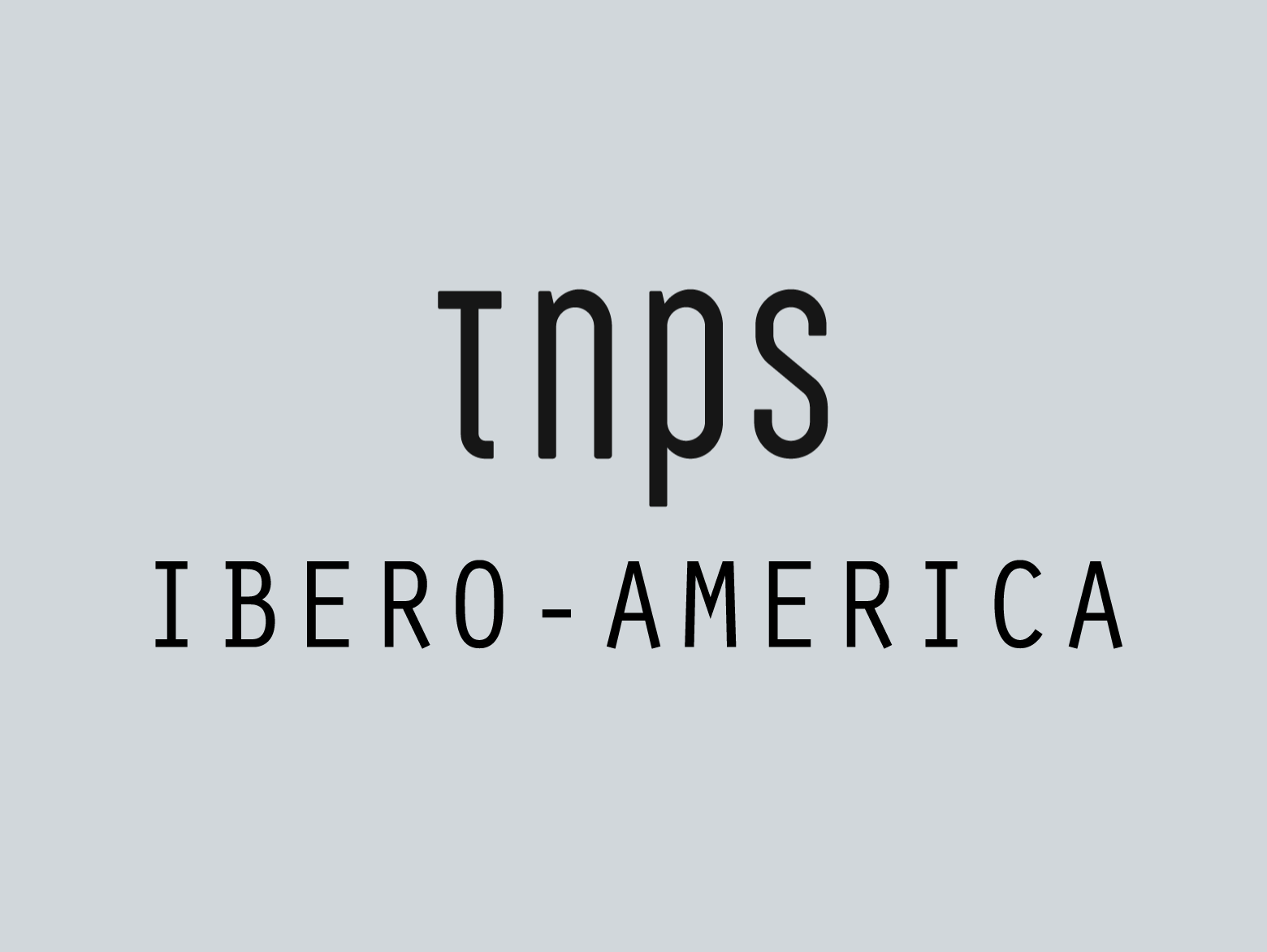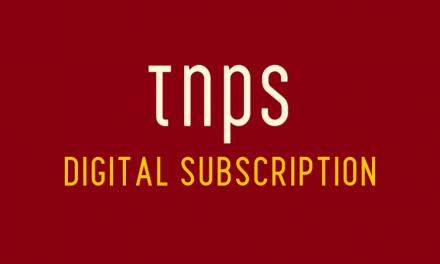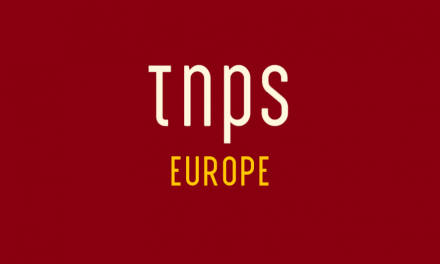This will be Malaviya’s chance to nail his own colours to the mast and show us he has an independent and forward-looking vision for PRH that will embrace 21st century technology and opportunity, and consign the Dohle doctrine to the dustbin of history.
Revenues up, profits down, workers laid off. The PRH H1 memo to employees paints a fuzzy and incomplete picture, but let’s be generous to newly installed CEO Nihar Malaviya as he sups from the PRH chalice poisoned by previous CEO Markus Dohle’s abortive bid to acquire Simon & Shuster last year.
By the time Dohle finally fell on his sword, the damage had been done. Many senior executives at PRH had jumped ship following the debacle in court where PRH operational policy (read guesswork and gambling) and real market share was laid bare, and the then CEO’s paranoia about subscription was laughably exposed.
Malaviya was left to pick up the pieces and rebuild PRH’s tarnished reputation.
Parent company Bertelsmann is unsurprisingly impressed by the revenue rise PRH clocked in H1, which as Porter Anderson at Publishing Perspectives headlines, saw a YoY rise of 9% to €2.1 billion. But in a report noteworthy for not once telling us how affable Nihar Malaviya is, Anderson neglects to mention that PRH profits for the same period were up less than 1%. Hardly an auspicious start for the new CEO.
Malaviya’s first H1 report presented inherent challenges to the new chief. He’s hardly had time to make an impact on his inheritance – most of the ups and downs can be firmly attributed to the Dohle era, as can the $200 million penalty and untold legal fees that arose from the acquisition fail, that no doubt goes some way to necessitating the redundancies programme Malaviya has been forced to roll out.
On the Court case, Malaviya has been tactfully silent, but did manage a dig at Dohle’s splash-the-cash record with a reference in the H1 report, smugly noting “we acquired several small companies during this year, furthering our ambitions to grow in audio, children’s, and data-driven publishing, as well as in local content, among others.”
That’s something the employee base needed to hear. Reassurance that Malaviya was not on a power and glory grab like his predecessor. But questions remain about Malaviya’s ability to connect with his workforce. Parts of the memo read more like a pitch to senior management and investors than to the team that do the company’s day to day grunt work.
Explained Malaviya: “Industry inflationary cost pressures and increased costs across our businesses have continued to impact us. We have already taken several steps to offset these pressures in some of our markets around the world and will continue to carefully navigate these industry and structural dynamics.”
That’s industry-speak for, we’ve got rid of some of you and more will have to go.
All of which begs the question, will Malaviya bring new vision to the table, or are we in for more of the same?
Our first real chance to find out will be at Frankfurt next month when Malaviya will be participating in a one-to-one “exclusive executive talk” with Porter Anderson.
Traditionally this is a soft platform for the chosen industry leader to say all the things the industry wants to hear and nothing the industry needs to know, and Anderson has already made clear his intentions in that respect.
But this is a chance for Malaviya to put clear blue water between himself and his predecessor, and at least disassociate himself from the worst excesses of the Dohle fall from grace.
Yet the H1 memo to staff suggest that may not happen.
“Book markets in most of our businesses are stable versus 2022 and higher than pre-COVID levels from 2019,” says Malaviya reassuringly, and to be fair “stable” carries an element of realism sorely lacking in his predecessor’s fantasy outlook.
As recently as May of this year, Dohle was insisting, “Physical bookselling is having a great renaissance.” (The Bookseller)
And of course if we conveniently ignore the NPD Bookscan report showing US print revenue of $843.1 million in 2021 had fallen to $788.7 million in 2022, a plunge of 6.5%, then Dohle is absolutely correct. (Publishers Weekly)
In March 2023, Publishing Perspectives ran with the headline “Nielsen BookData 2022: A ‘Slight Decline’ in UK Book Sales”. The year previous, The Bookseller was telling us that the UK had seen record publishing revenues in 2020, but the headline told a story Dohle did not want us to hear: “UK publishing income up 2% in Covid-hit 2020 despite print decline.”
In Germany, the third of PRH’s biggest markets, 2022 saw a slump of 2.1% (Publishing Perspectives), while over at Publishers Weekly, just four days after Dohle’s Sharjah speech, Edward Nawotka ran the story “Print Book Sales Were Flat in 10 Major Markets in 2022.”
And this year it’s more of the same.
Dealing honestly with industry figures is something Malaviya needs to do if he is to show PRH’s notional leadership of the trade is not just about being the biggest.
But that’s only part of the challenge Malaviya faces if he is to put PRH back on track as a respected world leader rather than just a noisy influencer.
To staff, Malaviya said solemnly: “Our ambition remains to connect each book with the widest possible audience, guided by our mission to create books for everyone.”
Welcome sentiments, but again we are in Dohle-speak territory, where actions and words tend to follow opposite paths.
Dohle of course has been saying on autopilot since forever that authors are the bedrock of the industry and must be paid a fair whack, and that reaching as many consumers as possible is what the game is all about.
And yet, PRH royalties are no different from any other publisher’s (mega-sellers and celebrities excepted), and Dohle’s antipathy towards subscription, one of the best ways to connect books with consumers, has been going as long as subscription services have been around.
Which means subscription, along with an open admission that ebooks are not stuck forever at 20% of the market as Dohle still tells us at every opportunity, are two clear ways Malaviya can set his own stamp on the evolution of PRH, and bring the company fully into the 21st century.
That would mean not just reversing the Dohle ban on PRH titles being available on all-you-can-eat platforms, but embracing the global reach these platforms offer.
It would mean coming out and bluntly saying that his predecessor, Markus Dohle, completely lost the plot during the heat of the Court battle last year when he, don’t laugh, told the judge that unlimited subscription would bring bricks & mortar book retail to its knees in just three years. Privately Malaviya might also want to recommend some counselling services for the delusional Dohle, but at the very least Malaviya needs to make clear this was not PRH policy.
Malaviya might also want to take a look at the realities of subscription‘s evolution in the publishing industry, and ask himself why PRH authors and shareholders are missing out on this lucrative slice of the action.
It won’t be easy. There’s ten years of anti-subscription misinformation to roll back.
As far ago as 2013, as Scribd and Oyster brought subscription to the US, German ebook executive Rita Bollig was telling anyone who would listen that the already operating German subscription service Onleihne, a rival to Skoobe at the time, had observed that consumers spent 43% more time reading if they could “borrow” an ebook via subscription rather than buy it à la carte.
And that has been the narrative from subscription ever since, no matter how much Dohle looks the other way. Subscription increases consumption, and not just from existing readers.
Some 60% of Dutch subscribers to the Kobo Plus subscription option had never before purchased an a-la-carte ebook from Kobo, which reported continuing double-digit year-over-year sales growth for à-la-carte ebooks alongside rapid subscription growth.
Here’s the thing: Subscription doesn’t just open up new readers in existing markets. It opens up new markets and finds audiences that never previously had access to digital books (and often still struggle to access print books).
YouScribe very quickly picked up its first million subscribers when it launched in a cluster of African markets, most recently adding Algeria to its list.
Meanwhile in the Nordics, 64.2% of unit book sales in Sweden are digital and happening through subscription. And 54.4% of unit book sales in Sweden are audiobook subscription downloads.
And then there’s the ebook subscription service Markus Dohle avoids mentioning at all cost. Amazon’s Kindle Unlimited.
Because while Dohle is telling the world ebook consumption has been set in stone at 20% of the market, and that consumers don’t want or need ebook subscription, Amazon in H1 of this year paid out more than a quarter billion dollars, in royalties to self-publishers, for ebook subscription downloads.
PRH authors of course saw exactly none of that, which means PRH shareholders saw none of that either.
All this matters, because for many years Markus Dohle has been so insulated from the reality of publishing, thanks to his position as head of the world’s largest trade publisher, that he began to believe his own faux narrative. And when that fantasy narrative fell apart at the seams as Dohle slugged it out with the judge, PRH itself was irreparably tarnished by the fall-out.
As Dohle tried in vain to convince the judge that PRH was a lean, mean publishing machine, the reality that emerged was a sorrowful sight.
From a TNPS essay in May:
Here was the Emperor himself, the man who had led PRH to such grandiose success as the most powerful trade publisher on the planet, suffering the public humiliation of having to admit to a Court that since Random House acquired Penguin back in 2013, the newly formed PRH had actually lost market share. Curiously not something Dohle ever mentions of his own volition in interviews or speeches.
Dohle was further forced to reveal in public how much PRH paid its top authors, and worst of all, how little real business acumen was involved in running PRH, the Emperor explaining luck and instinct were more important than being the biggest publisher in town. Business ability? That didn’t really crop up at all.
Worse still, Dohle in as many words said that PRH was desperate to buy Simon & Schuster not to expand to new heights and boldly go where no publisher had gone before, but just to recoup some of that lost market share he had presided over for the past decade or more.
A lot of top PRH brass quit in the wake of that debacle. One can only hope that Malaviya stayed on not because he shared Dohle’s blurred vision, but because he wanted to do what was best for the company and the industry, and as the judge’s hammer came down with the verdict, he sensed Dohle’s days as the Emperor of publishing were numbered.
The Frankfurt “exclusive executive talk” will be Malaviya’s chance to nail his own colours to the mast and show us he has an independent and forward-looking vision for PRH that will embrace 21st century technology and opportunity, and that will make print an integral part of a wider format- and platform-agnostic strategy that doesn’t centre on Dohle’s “bet on print.”
In other words, to consign the Dohle doctrine to the dustbin of history.





